Clinical Trial Networks (CTNs) have a strong focus on clinical trials for medicinal products but maybe also involved in clinical investigations for medical devices and other clinical studies. Those involved in regulated clinical trials require significant funding and infrastructure to manage their regulatory, financial and oversight requirements and are often funded by the HRB.
This group includes the following networks:
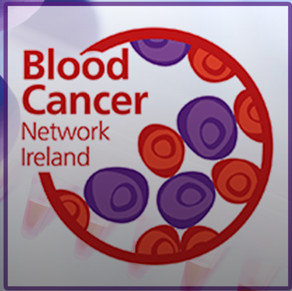
The Blood Cancer Network Ireland (BCNI) is a collaborative network of clinicians, scientists, and population health experts with a shared interest in blood cancer research. The network is in the process of establishing a biobank and blood cancer registry. Members of the national network are based at the NUI Galway (and University Hospital Galway), UCC (and Cork University Hospital), TCD (and St James’s Hospital), The National Cancer Registry Ireland, Beaumont Hospital and The Mater. The aim of BCNI is to provide Irish blood cancer patients with access to novel and innovative cancer treatments through the provision of early phase clinical trials, offering the opportunity to test new, potentially life-saving treatments and drugs. The network also collects information and samples from blood cancer patients in Ireland in order to improve their understanding and to uncover new ways to combat this disease.

Cancer Trials Ireland (CTI) provides supports for oncology clinical trials within the Oncology Clinical Trial Units across 14 public and 3 private hospital sites in Cork, Limerick, Offaly, Galway, Sligo, Donegal, Waterford and Dublin. It is a not for profit organisation with charitable status. Services it provides include planning, opening, co-coordinating, supporting, monitoring and auditing cancer trials in Ireland. In addition the organisation provides training, facilitate co-operation between all professionals working the area and supports the development of cancer trials research units around the country.
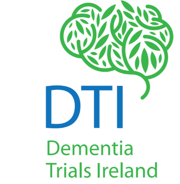
Dementia Trials Ireland (DTI) aims to improve the lives of individuals in Ireland living with, or at risk of developing dementia. We will do this by conducting high quality internationally recognised clinical trials throughout Ireland, addressing important and common problems.
DTI has been funded for five years by the Health Research Board (HRB).
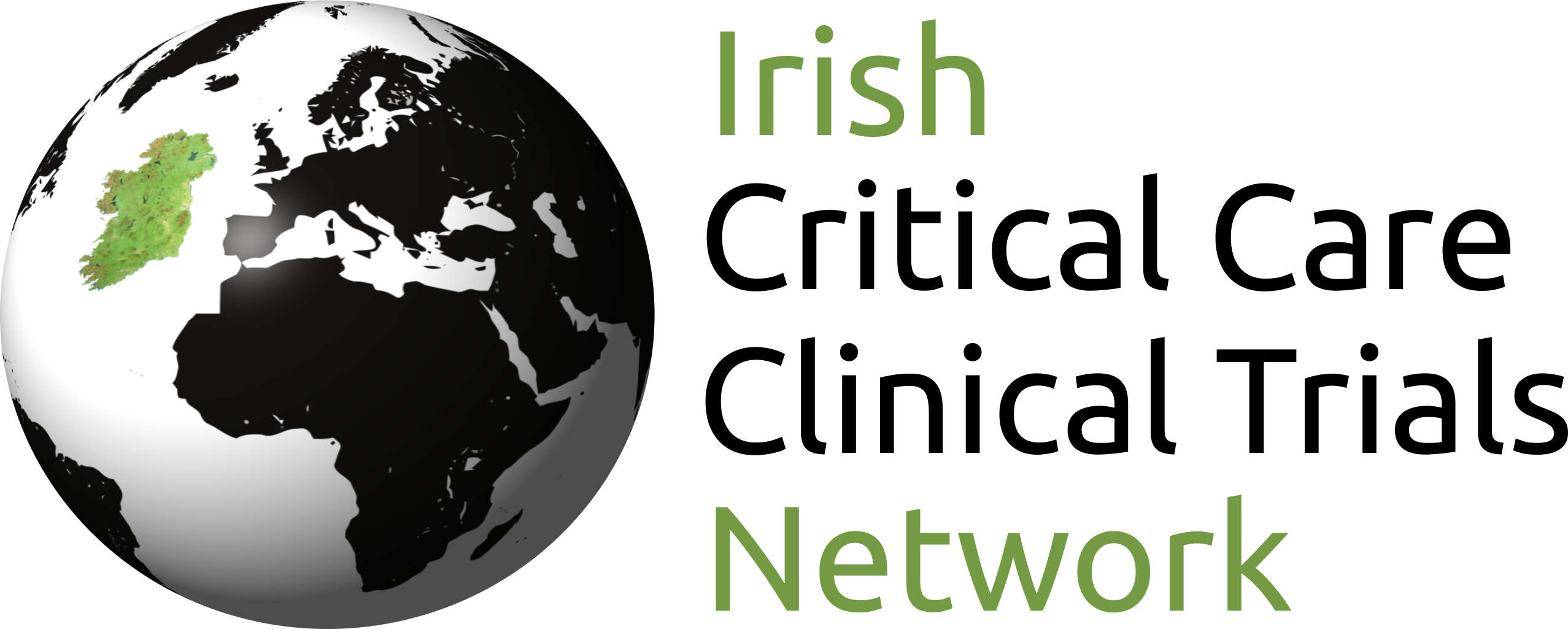
The Irish Critical Care-Clinical Trials Group (ICC-CTG) is a successful methods centre that is capable of supporting and improving outcomes in intensive care for patients in Ireland. The HRB funded Irish Critical Care-Clinical Research Centre (ICC-CRC) represents a group of highly motivated clinicians, nurses and scientists working collaboratively to improve outcomes in critically ill patients in Ireland. The ICC-CRC aims to support research being conducted by the Critical Care Clinical Trials Network Group (HRB CCTNI). The HRB CCTNI is led by Professor Alistair Nichol, St Vincent’s University Hospital and UCD. Thousands of critically ill patients pass through our intensive care units (ICU) each year. Sadly the nature of their conditions can often result in death or mean they survive with a long term disability. The HRB CCTNI will bring together doctors, nurses and researchers to test new treatments that can improve outcomes for these patients. The network will offer ICU patients the highest quality care, give them access to the latest innovations in intensive care and ensure future patients benefit from the lessons learned in national and international research.

The HRB Mother and Baby Clinical Trial Network Ireland (CTNI) brings together leading Irish obstetric and neonatal researchers, with an international reputation to address problems in women and children’s health that will have a global impact. Perinatal disease accounts for nearly 10% of the global burden of disease. Unfavourable pregnancy and birth outcomes can have devastating effects and life-long consequences on families. There is a lack of Research and Development (R&D) in perinatal health due to the complexity of conducting trials in the uniquely vulnerable populations and conducting long-term follow up. The HRB Mother and Baby CTNI has a well-established record in collaborative research and in conducting large-scale, multicentre, randomised controlled trials.

The HRB Primary Care Clinical Trials Network Ireland is a collaborative partnership that brings together key people in Ireland to run clinical trials in primary care. Working closely with the public, with patients and with GPs and other healthcare professionals, the Network aims to improve individual patient health and health care by conducting high quality, internationally recognised, randomised trials in Irish primary care, addressing important and common problems. The network provides patients who attend primary care practices the opportunity to take part in clinical trials and publishes the results of studies and work to communicate the results of research to patients and to healthcare decision makers.

Investigator Network for Inflammatory Bowel Disease Therapy in Ireland (INITIative) is the first collaborative research network for Inflammatory Bowel Disease in Ireland. It was established in 2015. The network is open to clinical and scientific investigators with an interest in Crohn’s Disease and Ulcerative Colitis throughout the island of Ireland. INITIative currently relies on sponsorship from pharmaceutical companies to support research activities. The network has applied to HRB and other funding agencies for support without success to date.
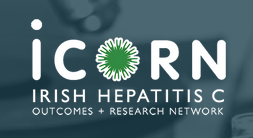
The Irish Hepatitis C Outcomes Research Network (ICORN) was established in 2012. It is a collaboration between clinical specialist groups, patient advocacy groups and healthcare service providers including the Irish Society of Gastroenterology (ISGE), the Infectious Diseases Society of Ireland (IDSI), and the National Centre for Pharmacoeconomics (NCPE). Clinicians from the seven hospitals with centres of excellence in gastroenterology, hepatology or infectious disease caring for patients with Hepatitis C (HCV) infection are involved. The initial goal of this collaboration was to optimise the quality of care of patients with Hepatitis C (HCV) undergoing treatment with direct-acting antiviral therapy (DAAs). This prompted the design and implementation of treatment protocols for clinical sites and the establishment of the ICORN Treatment Registry, a prospective longitudinal treatment outcomes registry. The ICORN Treatment Registry facilitates clinical, basic science and translational medicine research for HCV infection.
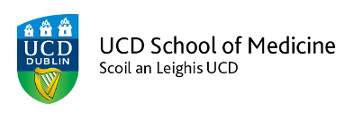
The Neurology Research Group in St. Vincent’s University Hospital (SVUH) was established over 15 years ago. It has expertise and experience running numerous clinical pharmaceutical trials, academic research studies – both clinical and basic science, and interventional studies with allied health professionals. Several national neurology registries and research databases are also co-ordinated from the SVUH site. Their particular areas of excellence are neuro-inflammatory disorders, in particular, multiple sclerosis, movement disorders and cognitive neurology. They have a dedicated clinical facility and can run clinical trials in all other areas of neurology. Their principal Investigators are recognised as international experts in their field of research and are experienced national principal investigators for many clinical trials.
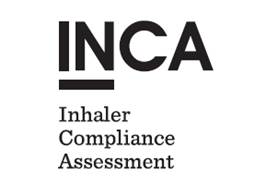
Respiratory and Asthma Research Network are linked to The INCA™ (Inhaler Compliance Assessment) Studies; these are a suite of clinical investigations using INCA technology. This technology uses digital signals from inhalers to identify both inhaler technique as well as adherence to obtain a complete understanding of inhaler use over time. The focus of our research is in developing a novel technology that can be used in clinical practice as an objective assessment of patient adherence to inhaled therapy. It was established in 2011 with funding from the HRB. More recently the network has also received funding from industry (Aerogen and GSK) as well as Europe via the Cross-border Healthcare Intervention Trials In Ireland Network/ CHITIN (http://www.research.hscni.net/chitin). The group also has research interests in the area of Chronic obstructive pulmonary disease (COPD) and asthma.

VINE is a collaboration between five Irish centres, Vasculitis Ireland Awareness and the National Vasculitis Patient Organisation. The network comprises of dedicated multi-disciplinary centres that provide a coordinated care path for patients with primary systemic small-vessel vasculitis (PSV), from diagnosis to relapse and on to long term remission. The VINE network has established the Irish RKD Registry and Biobank which seeks to enroll 900 patients in Ireland with PSV. The network is closely aligned with UKIVAS, the Vasculitis Rare Disease Group of the UK and Ireland and the European Vasculitis Society. Professor Mark Little (Trinity Health Kidney Centre) leads the VINE network, which was established in 2012. This began as a virtual research network, funded by Science Foundation Ireland and linked to the Irish Rare Kidney Disease registry and biobank.
Collaborative Clinical Research Networks
The focus of these clinical networks is mainly in attracting clinicians and other professionals interested in a particular disease or topic for the purpose of improving understanding and the sharing of knowledge and research expertise. They can also be focused on the development of disease registries or biobanks. Examples include:

The Arthritis Research Coalition (ARC) was established in 2016 by rheumatologists across Ireland to support research studies and clinical trial activities. The primary aim of the biobank is to recruit patients with common rheumatic diseases, and obtain biosamples that will underpin clinical research. A secondary aim is to increase national involvement in clinical trials of novel therapeutic agents. A secondary aim is to increase national involvement in clinical trials of novel therapeutic agents by establishing clinical cohorts of patients with common rheumatic diseases.
Galway Diabetes Research Centre

The Galway Diabetes Research Centre (GDRC) is a joint venture between NUI Galway and Galway and Roscommon University Hospital Group, which bring together an interdisciplinary research consortium of active researchers and clinicians who have a track record in the field of diabetes. The centre is a hub for collaborative effort of researchers and clinicians, with a passion for this work, to provide a greater understanding of how diabetes develops and the underlying mechanisms, the development of new and better therapies for patients, and assessing health care interventions and delivery for patients.

The Irish Pain Research Network (IPRN) is a special interest group of the Irish Pain Society. It aims to bring together all active pain researchers on the island of Ireland (North and South) for the purposes of sharing research results and ideas and facilitating cross-institutional collaboration in the area of pain research. The IPRN was launched formally on September 26, 2015. The network brings people together specifically for the purpose of discussing pain research and advancing collaborative pain research within Ireland and facilitates closer dialogue and collaboration between all active pain researchers based either in academic institutions, hospitals, other healthcare practices, or industry.

The Irish Psychosis Research Network (IPRN) was established in 2017. It is a network of scientists, clinicians, patients and members of the public with an interest in understanding and treating psychotic disorders, and improving the quality of life of the people who experience psychosis. Psychosis refers to a group of disorders that affect perception, cognition and mood in ways that are challenging and, at times, disabling for those affected. The network aims to share current knowledge and new discoveries about the causes of, and treatment for, psychotic disorders. There are currently 19 members consisting of psychiatrists, psychologists and biochemists from RCSI, TCD, St Patrick’s Hospital, UCC, Centre for Neuroimaging and Cognitive Genomics, NUI Galway, Queen’s University Belfast and UCD.
Updated Dec 2022
